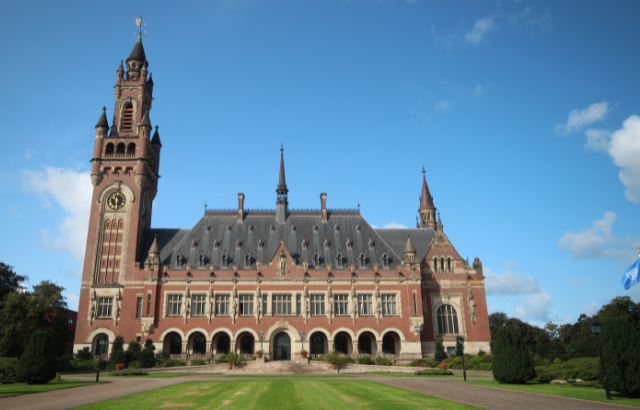
Protection of a creative idea. Credit: nespix/iStock.com
IP rights are legal rights given over inventions and other creations of the minds and typically provide an exclusive right over these for a certain period of time. These rights are limited in certain circumstances – for example to permit free use for socially beneficial uses. The scope of such limitations has been a topical issue recently, with heated debate about the appropriate balance between pharmaceutical companies’ IP rights and the ability of developing countries to manufacture their own Covid-19 vaccines.
Drawing upon the views of leading scholars in the field, the book, Global Intellectual Property Protection and New Constitutionalism, offers a range of perspectives on the process through which legal rules (both within international IP law and outside it) operate together to reduce the ability of individual states to make policy on IP rights.
There is already an extensive literature on the impact of international rules on policymaking on IP. This collection of essay offers a new angle, through its adoption of a “new constitutionalist” approach, under which the collective impact of legal frameworks beyond traditional state constitutional law is taken fully into account.
Professor Jonathan Griffiths, Professor of Intellectual Property Law and co-editor of the book said: “We hope that this book will provide a valuable resource for scholars of the progressive global ‘constitutionalisation’ of intellectual property rights.”



